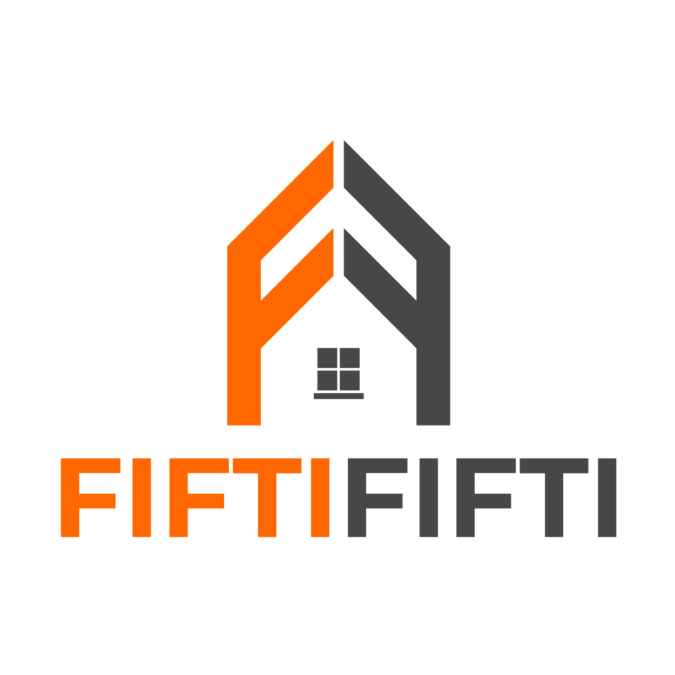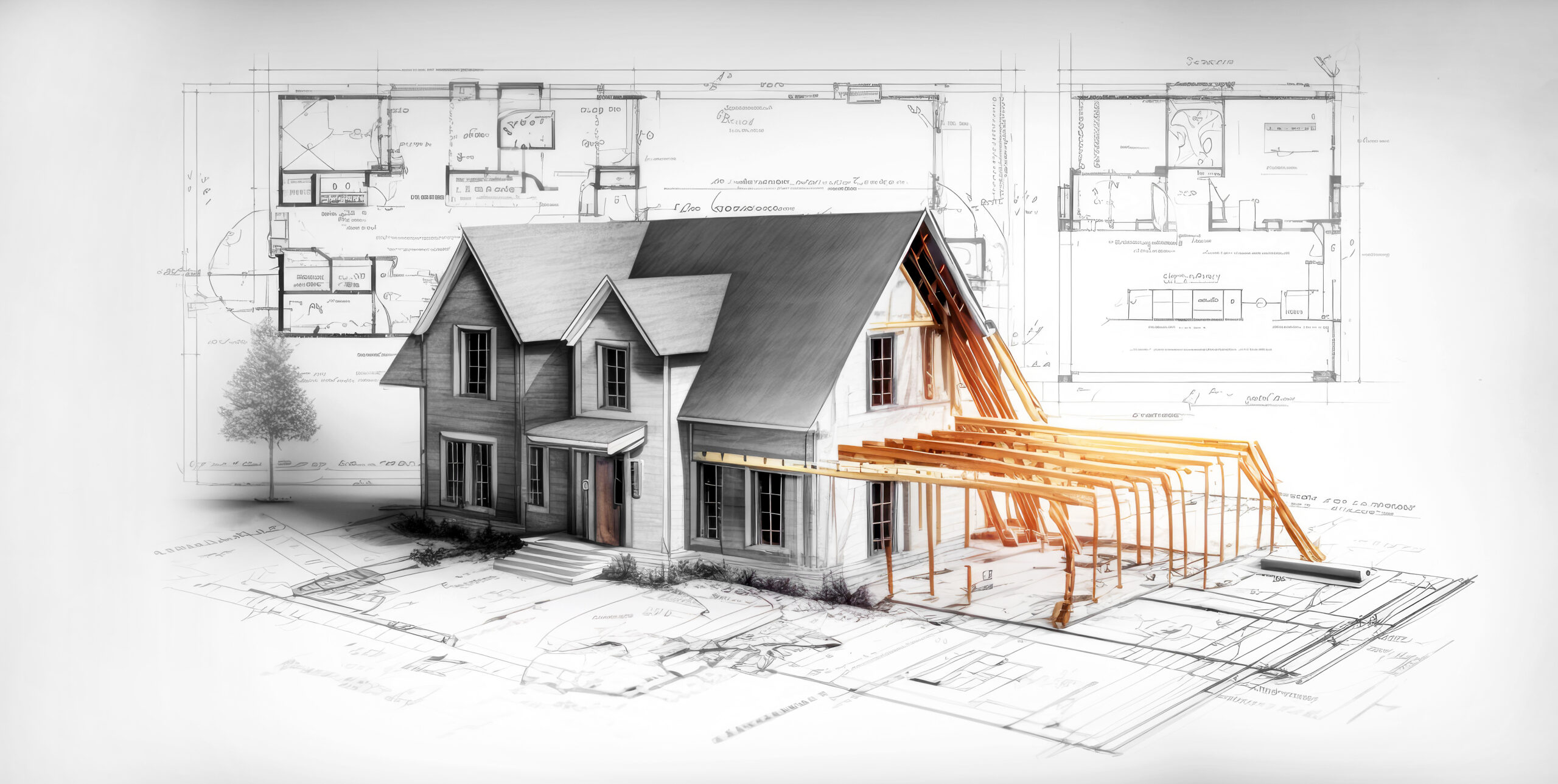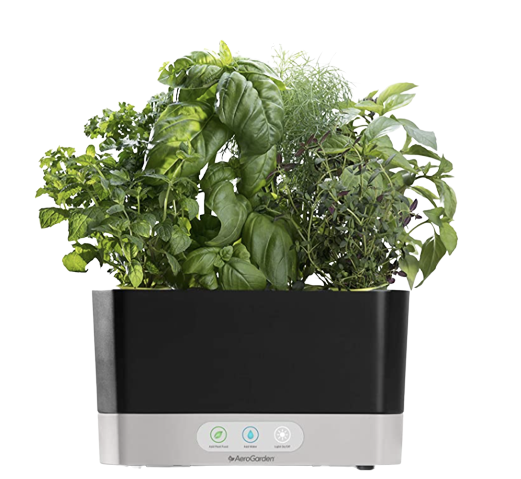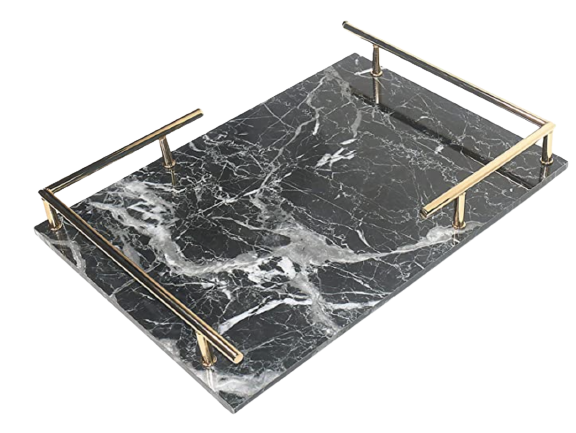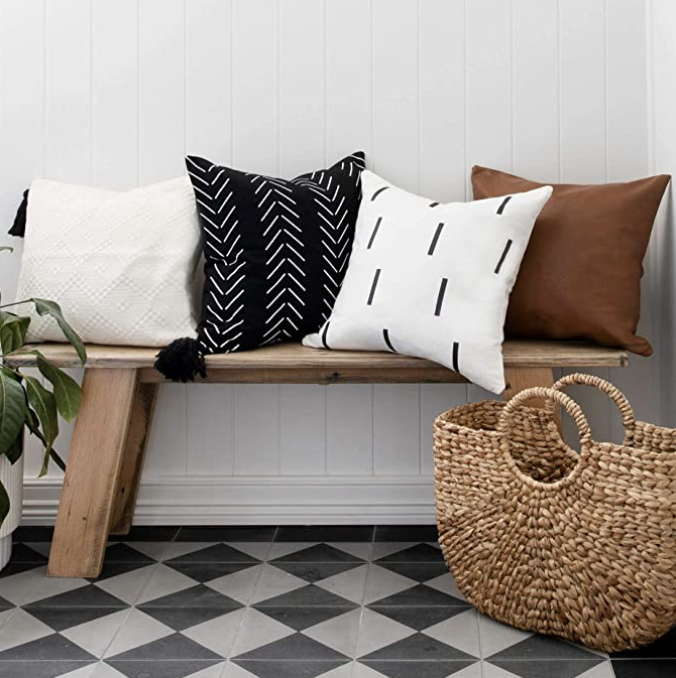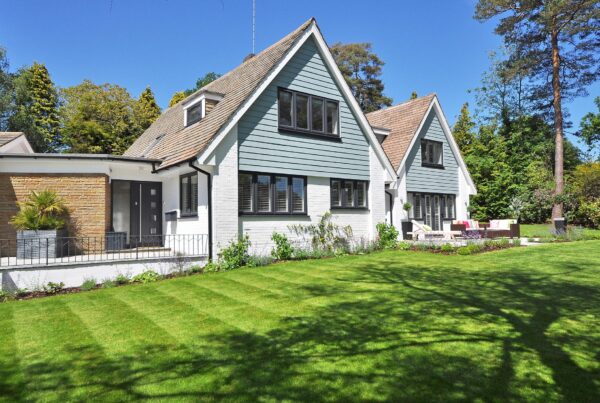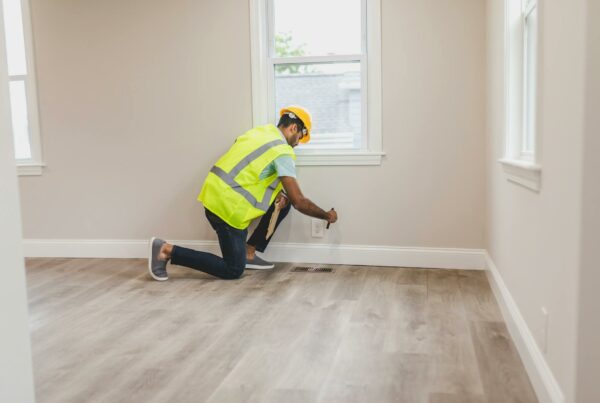Last Updated on February 4, 2024
The typical Australian dream often takes root in the warm embrace of a home, but with a plethora of paths leading to that vision, choosing the right one can feel like solving a Rubik’s cube blindfolded.
One particularly crucial decision hinges on whether to embark on the bespoke journey of a custom build or embrace the established efficiency of production homes. Both options boast their own set of advantages and drawbacks, and understanding the intricacies of each is paramount before making an informed choice that aligns with your aspirations and circumstances.
Are you a would-be homeowner on the fence about whether you’d go for new home builders in Melbourne or a production home company? This post is for you. The following points will touch on the two and help you pick which mode of home building will suit you and your loved one’s living needs. Read on.
Custom Homes: The Power Of Homeowner Personalization
For those who envision their home as an extension of their unique personality and lifestyle, custom builders unlock a treasure trove of possibilities.
Imagine crafting a layout that seamlessly integrates with your family’s daily routines, incorporating features that cater to your cherished hobbies, and selecting materials that resonate with your aesthetic sensibilities. From grand cathedral ceilings to hidden reading nooks, every detail becomes a brushstroke on the canvas of your dream, transforming your vision into a tangible reality.
However, the freedom to tailor your living space comes with a hefty price tag, both literal and figurative. The process demands a significant investment of time, often stretching over a year or more. Be prepared for deep involvement in every decision, from selecting an architect and navigating the complicated process of applying for building permits to choosing finishes and meticulously overseeing construction. While empowering, this level of engagement can be daunting for those seeking a less hands-on approach.
In addition, custom homes tend to cost more because of the personalization involved with it. If you want a certain brand of tiles, install top-notch marble countertops, and so on, they’ll cost more and add up to the final home price tag.
Production Homes: Ready-To-Move-In Units Are Desirable
Production builders offer a more standardized approach, presenting a curated portfolio of pre-designed floor plans with established construction timelines and costs. This streamlined process holds immense appeal for those prioritizing efficiency and a quicker move-in date. While the range of choices may be narrower, popular layouts and finishes are often incorporated, ensuring functionality and wide aesthetic appeal.
The affordability factor is another significant perk when it comes to production homes. Production builders leverage the power of economies of scale, offering competitive prices on materials and labor that reflect the latest housing market.
Nonetheless, customization options are limited, and you’ll need to adapt your lifestyle to the available floor plans rather than the other way around. Additionally, neighborhoods built by production companies often adhere to specific architectural guidelines, potentially limiting your ability to express your individuality through your would-be home’s design, curb landscape, and so on.
Which Path Leads To Your Dream Home: Custom vs. Production Home
Now the important question needs to be raised: which home building method fits you best: a custom or production home build? The answer lies in a meticulous evaluation of your priorities and circumstances. Consider these key factors:
- Budget: Custom builds typically incur higher costs due to the personalized nature of the project. Be realistic about your financial limitations and factor in potential cost overruns of the overall home construction project.
- Timeline: Are you comfortable with a longer construction period and the ongoing involvement required for a custom build, or do you prioritize a quicker move-in date offered by production houses?
- Lifestyle Needs: Do you have specific requirements or unique building characteristics essential for your family’s well-being, or are you flexible within the layout and design options offered by production builders?
- Level Of Involvement To The Home Building Process: Do you relish the opportunity to personalize every detail and oversee the construction process, or do you prefer a more hands-off approach with pre-defined choices?
Ultimately, the choice between a custom and production home rests on the foundation of your individual needs and aspirations. By carefully considering the factors featured above, you can pave the way to realizing your dream home, a space that reflects your unique story and fosters lasting joy.
Helpful Tips To Remember
When picking between custom or production build homes, it’s best that you keep in mind the following:
Extensive research is key. Engage in thorough research by talking to custom builders and production home representatives, visiting model homes, and delving into online resources to understand the nuances of each option.
Seek expert guidance. Consult with a realtor, financial advisor, or architect to gain valuable insights tailored to your specific situation.
Whip out your negotiation skills. Whether dealing with a custom builder or a production company, negotiate pricing and terms to ensure you get the best value for your investment.
To Conclude
Building a home is a significant undertaking, but with meticulous planning, informed decision-making, and a dash of courage, you can transform your dream into a captivating reality – a space that embodies your individuality and provides a haven for years to come.
